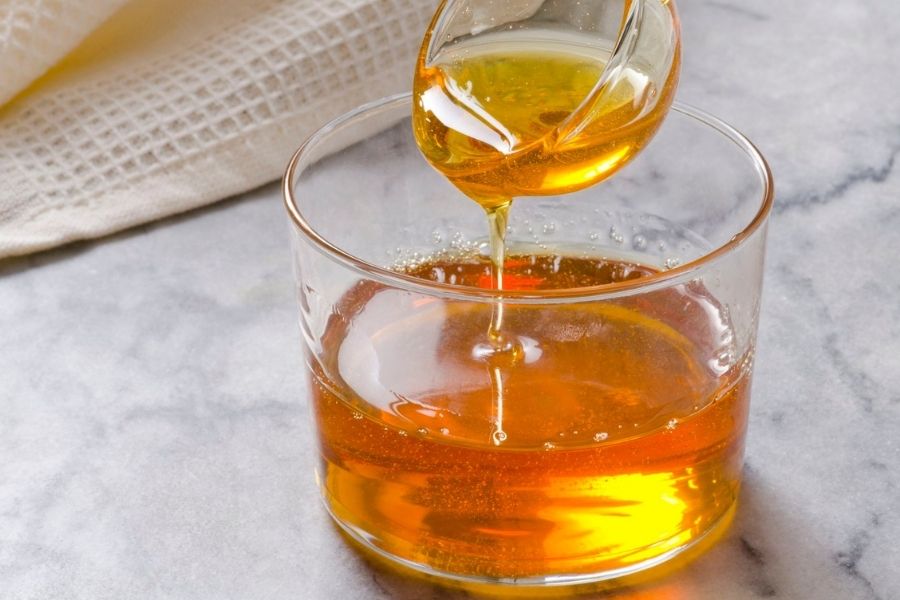In a hectic life, depression is the most common chronic mood disorder that can affect anyone. It triggers any age group but generally affects adulthood. Every individual shows different symptoms and signs of depression, and its duration also differs from person to person. However, the foods that you consume also play an important role. Here are the worst foods for anxiety and depression that you must consume less.
What Are The Symptoms Of Anxiety And Depression?
- Loss of interest
- Hopelessness
- Feeling sad
- Irritability
- Fatigue
- Change in daily activities
- Thoughts about death, attempting suicide
- Sleep disorders
- Ache, pain, trauma
- Digestive issues with unknown causes
- Loss of appetite
- A feeling of guilt or helpless
Depression also occurs with medical illnesses such as diabetes, cancer, and heart disease, making the situation worse for the patients. Sometimes, medications given for physical ailments can cause side effects that contribute to depression.
Family History
- Past trauma
- Anxiety
Daily dietary habits can also contribute to depression if it is not practiced in a healthy way. A healthy diet focused on fresh and whole food with good nutrients content should be considered to get required nutrition.
Worst Foods For Anxiety And Depression That You Should Avoid
1. Alcohol

When you are anxious, you feel like having some drink to lessen your worries, but it doesn’t. Alcohol might calm the nerves, but it harms the brain. It impacts the serotonin; the neurotransmitter is responsible for regulating the mood and behavior and affects other neurotransmitters. Therefore, when the alcohol wears off, it makes the situation worse. The patient suffering from depression should stay away from alcohol because it may interact with medications and worsen the condition.
2. Caffeine

As per the National Coffee Association, most Americans drink coffee regularly, which increases anxiety and nervousness. It decreases the production of serotonin and triggers depression. Anxiety also affects the sleep pattern, which means sleep deprivation leading to mood swings and insomnia.
3. Refined Sugar

Sugar, in any type of meal, is not at all good for well-being. When you take sugar, the body releases insulin to absorb glucose. But when it is in excess, it may trigger worry, sadness, and irritability. In general, sugar is linked to the likelihood of increasing depression. It is also advised to avoid condiments like ketchup, pasta, and white bread containing a high amount of sugar.
4. Tofu

Soy is the richest source of the protein and contains trypsin and protease inhibitors, the enzyme making the protein digestion the most difficult. It also has mineral copper, which is the leading cause of anxious behavior. For this reason, try to avoid tofu causing more anxiety and sad mood.
5. Wheat Bran

Wheat bran is full of fibers, which boost up the digestion. However, it has a high content of phytic acid. This chemical binds with the zinc, the mineral for its positive mood behavior, and reduces its absorption. For the anxious patient, it is required to get proper zinc-loaded foods to fight depression. Therefore, it is best to soak the wheat bran before cooking to get most of its nutrition.
6. Red Wine

A few Red wine drinks might make you feel good, but it makes your happy hours more pathetic, causing sleep deprivation, dehydration, and blood sugar fluctuation. Therefore, it is best to avoid red wine when you are in a low mood.
7. Processed Pumpkin Seeds

Raw pumpkin seeds are healthier, but the processed ones are not. They are coated with a preservative named potassium bromated, which inhibits the iodine absorption by the thyroid. The thyroid is essential for balancing positivity and mood behavior. Without iodine, it does not work efficiently. Therefore, a doctor usually recommends getting a thyroid test done when an individual is suffering from depression.
8. Trans Fat

People should avoid trans fat and saturated fats such as margarine, snack items, baked goods, etc., which result in heart problems and increase the risk of depression. Mediterranean diet mentioned that use of olive oil instead of trans fats lower the risk of various health issues, including depression.
9. Agave Nectar

Agave nectar is an unhealthy food for depression as it contains a high level of fructose that increases the risk of metabolic syndrome. It triggers brain shrinkage and mood swings. Fructose is difficult to digest than glucose; therefore, consuming higher amounts of it isn’t recommended. Digesting fructose requires time, resulting in fatty liver.
10. High Sodium Containing Food

Excess sodium-containing foods are not suitable for mental health as it affects the neurological system and results in depression. Also, too much salt leads to water retention and bloating and causes irritability. Avoid such foods to prevent depression and anxiety.
11. Hydrogenated Oils

Cooking in specific hydrogenated oil or vegetable oils like sunflower oil, soybean oil, canola oil contains a significant amount of trans fat, which might be a potential cause of depression by further causing mood swings and inflammation.








1 thought on “11 Worst Foods For Anxiety And Depression”